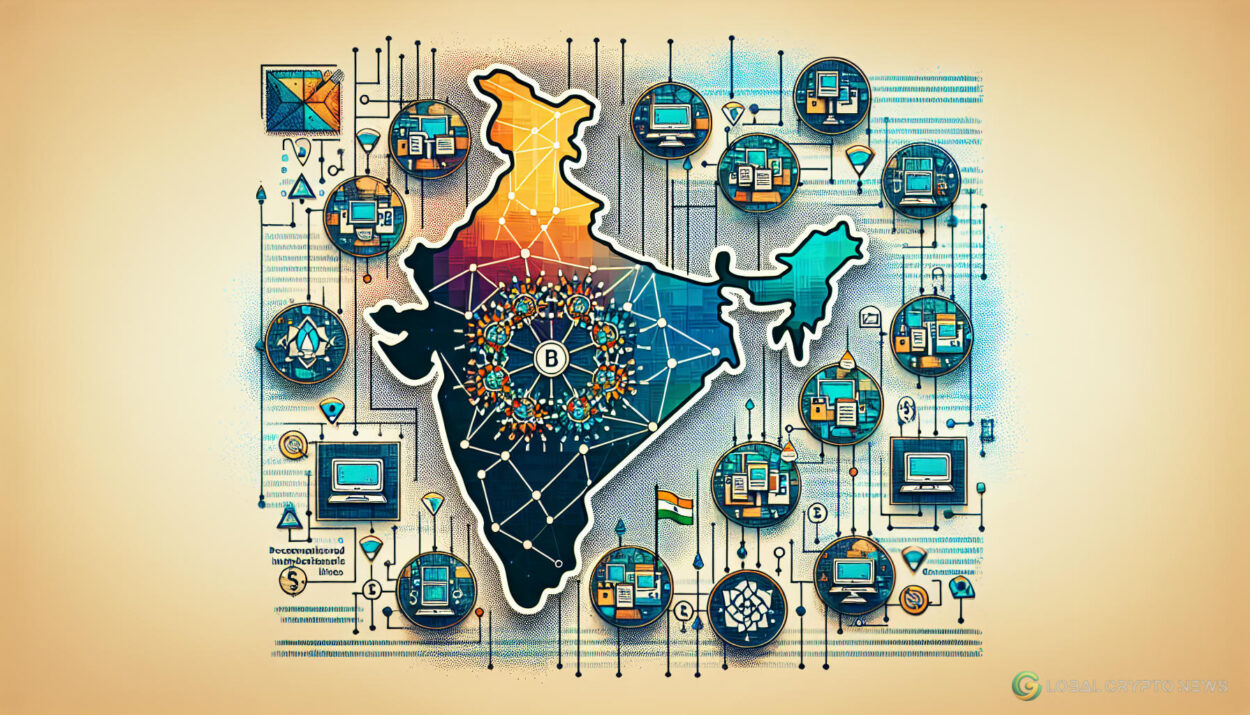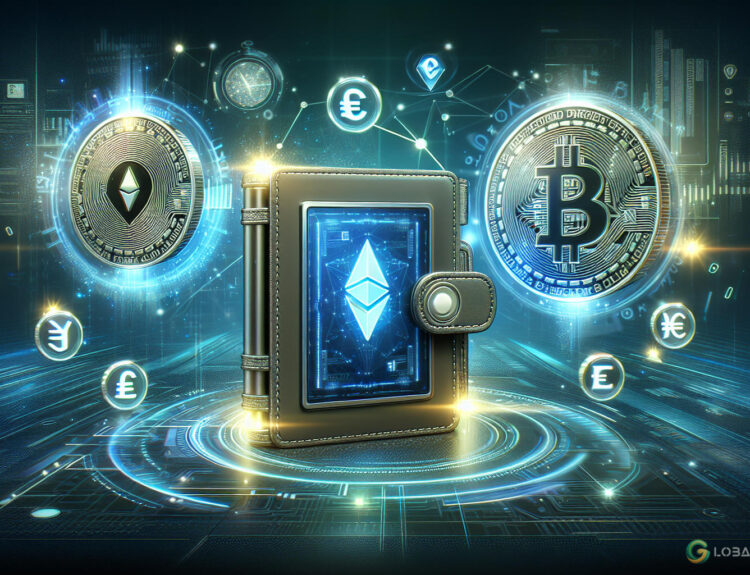Wifi Dabba, a decentralized internet service provider, has unveiled a plan to enhance internet accessibility in India by distributing over 100,000 devices nationwide. These devices, hosted on the Solana blockchain, are part of the DePIN project, which aims to bridge the digital divide by the end of the year. With only 30 million out of India’s 1.4 billion population having access to WiFi, a significant portion of the country still lacks internet connectivity.
The company’s approach prioritizes decentralization to address the limited coverage provided by India’s major telecom companies, which mainly serve urban areas. Karam Lakshman, CEO of Wifi Dabba, expressed concerns over the slow progress of current connectivity initiatives, suggesting that achieving nationwide coverage could take decades. He emphasized the significance of widespread internet access to support India’s status as the second-largest crypto holder and the fifth-largest global economy.
Lakshman highlighted the role of blockchain technology in delivering reliable internet access, with device maintenance outsourced to external providers. The DePIN model is viewed as a scalable solution for enhancing internet connectivity in developing countries, using India as a testing ground for global applications.
To expand its network, Wifi Dabba intends to collaborate with Local Cable Operators (LCOs) in India, leveraging their community reach. This collaboration aims to drive growth and establish market leadership in decentralized wireless and WiFi networks. Arul Murugan, Managing Partner at Borderless Capital, a key investor in the project, emphasized the potential of this partnership.
The project encourages hotspot owners to participate by acquiring Wifi Dabba’s router hardware and partnering with local cable operators for deployment. Dabba tokens will be offered as rewards for data usage, primarily targeting areas with high demand for paid WiFi connectivity.
Dawn Philip, head of communications at Wifi Dabba, anticipates a significant increase in DePIN usage by 2024, particularly in developing nations. This aligns with the broader adoption of blockchain technology across various sectors in India. Recently, STAN, an Indian eSports startup, announced a partnership with blockchain platform Aptos Labs to create an e-sports fan platform on the Aptos blockchain, allowing gamers in India to engage with their favorite creators.
In a separate development, the Indian Railway Catering and Tourism Corporation (IRCTC) introduced non-fungible tokens (NFTs) as tickets for passengers on the Tejas Express trains. These limited NFTs will be available during travels from March 20 to April 2.
Overall, Wifi Dabba’s initiative signifies a step towards improving internet accessibility in India through decentralized solutions, supported by blockchain technology.























